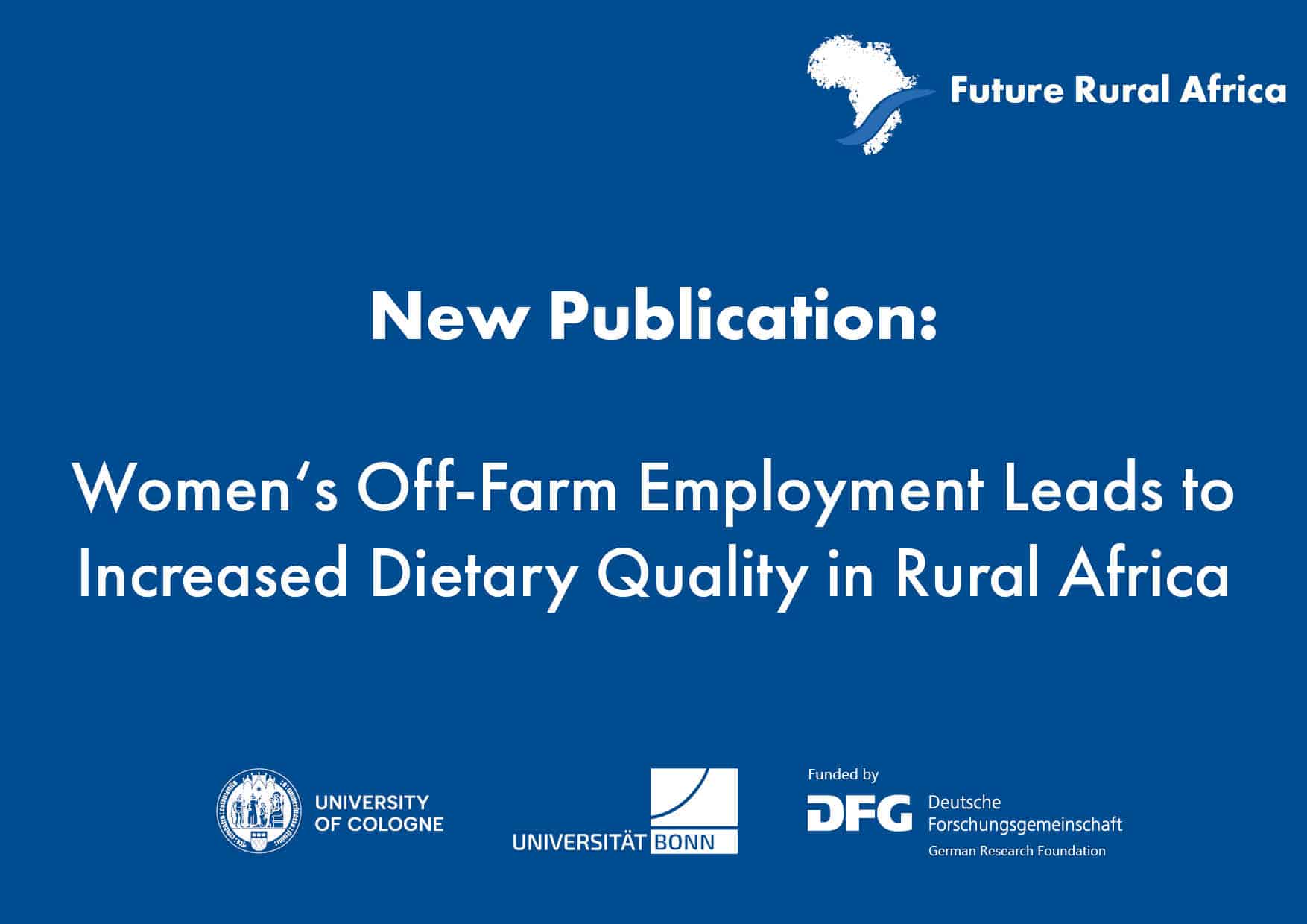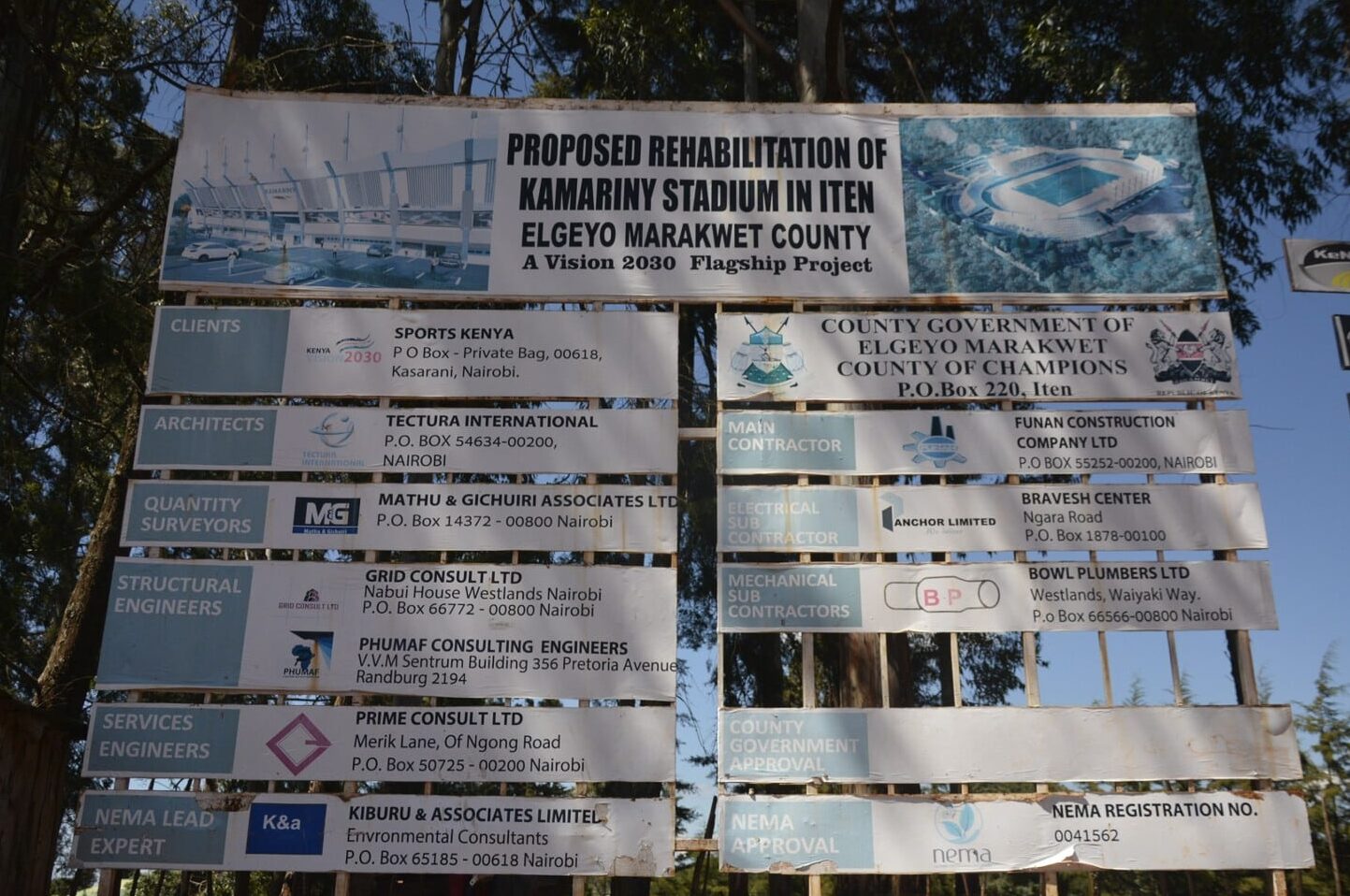Digital connectivity at the upstream end of value chains: A dynamic perspective on smartphone adoption amongst horticultural smallholders in Kenya. Competition & Change
Driven by the rapid adoption of Internet-based technologies amongst producers in the Global South, the question of how and whether global value chain arrangements are reconfigured remains open to debate. This article addresses the changing practices of export-oriented smallholders accompanying the transition from simple phone towards smartphone use.
Our dynamic approach compares cross-sectional survey data from 2013 and 2017 to answer to what extent Kenyan smallholders have adopted the Internet, which digital practices in relation to agricultural value chains they use and how this affects the inter-firm coordination between smallholders and subsequent actors. Smartphones have gained broad importance for smallholders as they are used for digital practices in value chains.
Contrary to the debated dark sides of Internet connectivity, we can however not confirm sweeping digital control or value appropriation by lead firms. So far, long-established, analogue practices widely persist in arrangements between smallholders and exporters. Nevertheless, smartphones are used to nurture multilateral knowledge networks of unprecedented reach and size and further allow for incipient experiments with marketing strategies on digital marketing platforms devoted to domestic markets. We argue that these practices resemble strategic niche seeking that has to be interpreted in relation to captive export arrangements.
With qualitatively and quantitatively increasing options to access and share knowledge and to market commodities, the Internet can serve to navigate the multiplicity of chain alternatives (domestic production, informal export production). Such niches should be considered as creating leverage against the take it or leave it deal of captive export production. These niches should however not be interpreted over-optimistically as a digital miracle. Merely, they represent a snapshot of the gradual process towards a future of digital connectivity, that is still open and remains contested along on the one hand, the social strata of producers and, on the other hand, different chain actors.
By: Hartmann, G., Nduru, G., Dannenberg, P. (2020): Digital connectivity at the upstream end of value chains: A dynamic perspective on smartphone adoption amongst horticultural smallholders in Kenya. Competition & Change (online first). DOI: 10.1177/1024529420914483.






